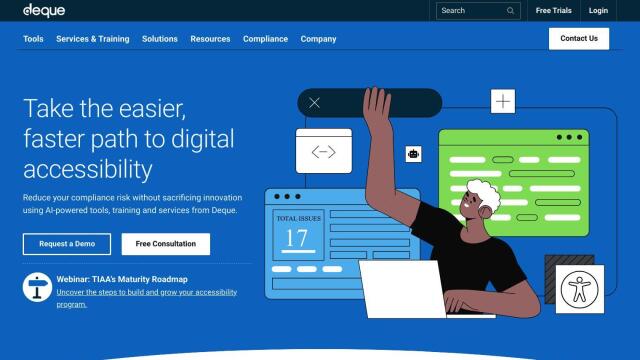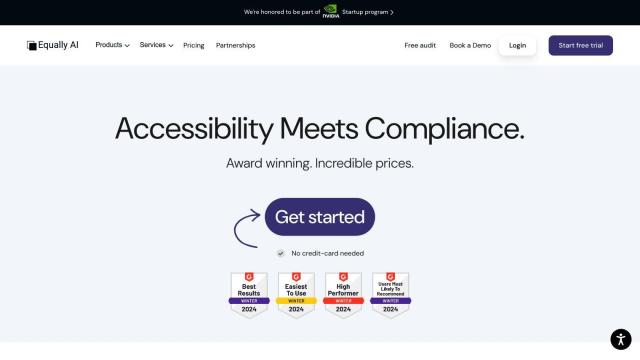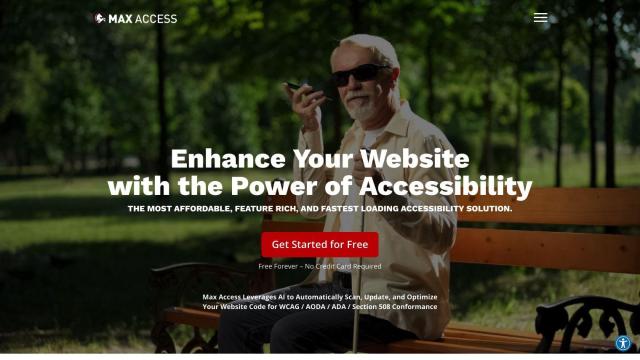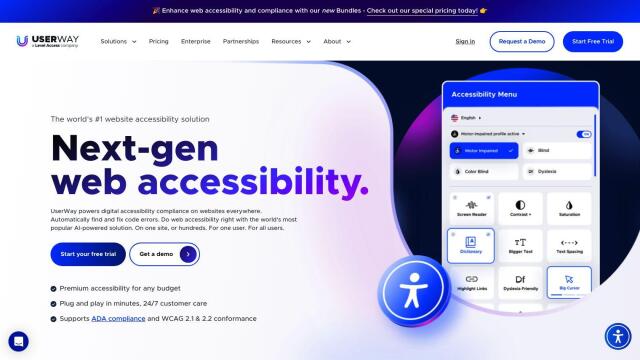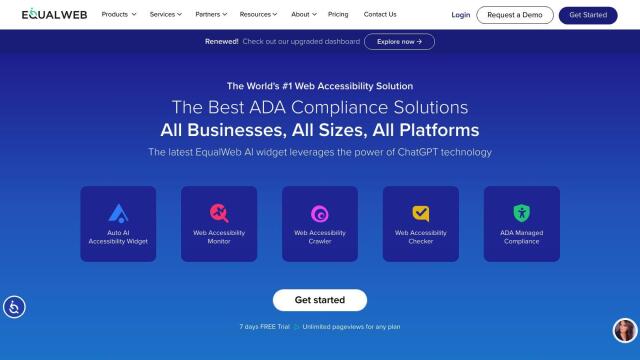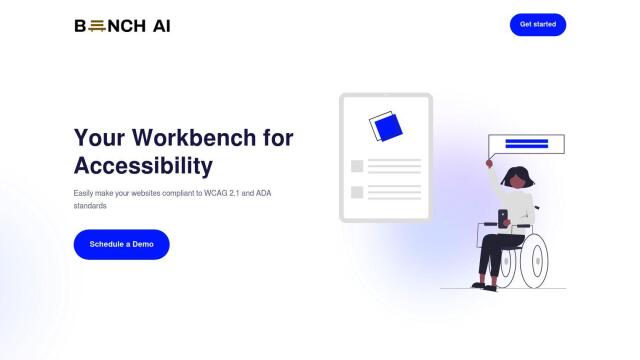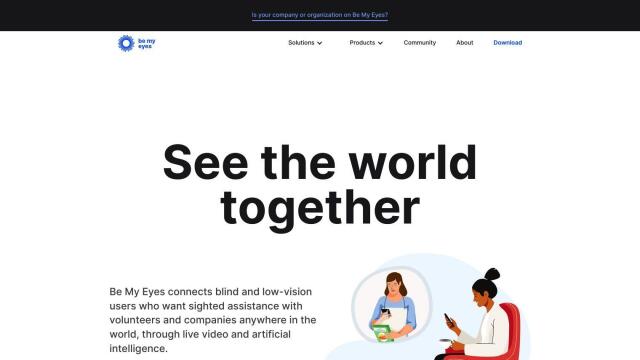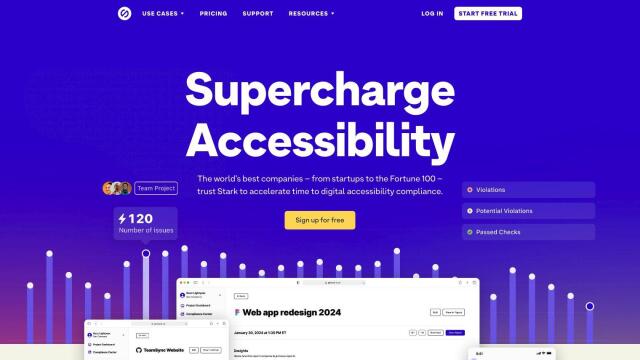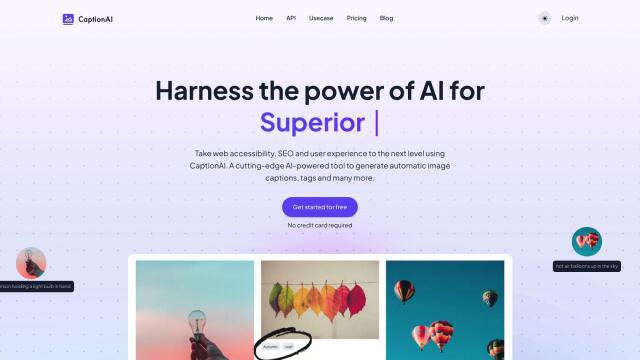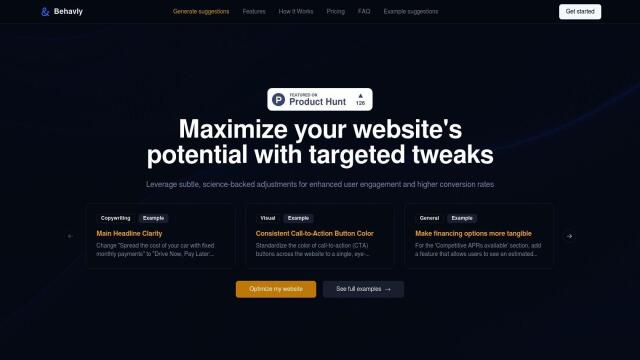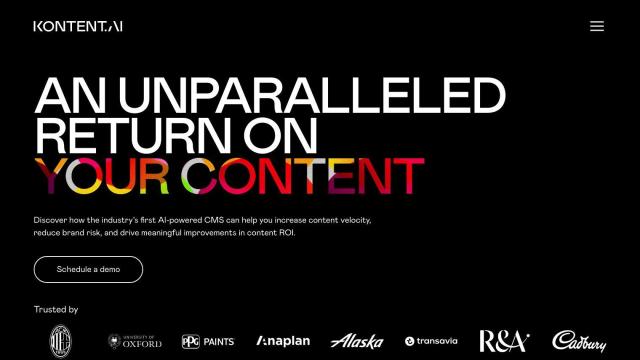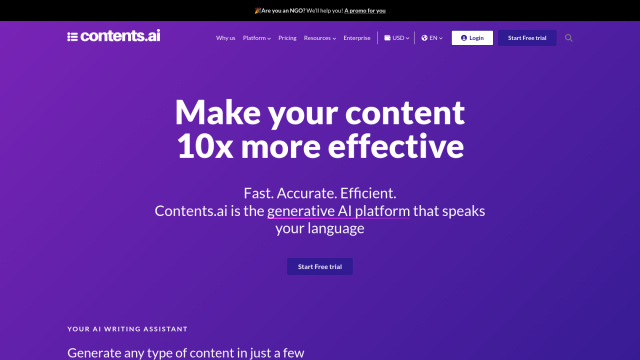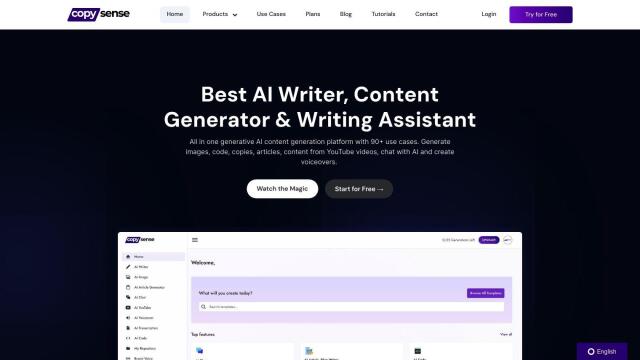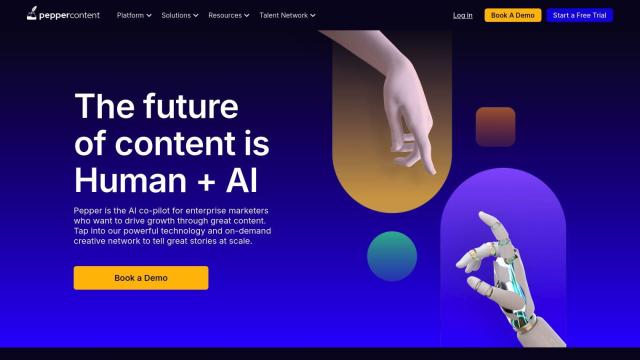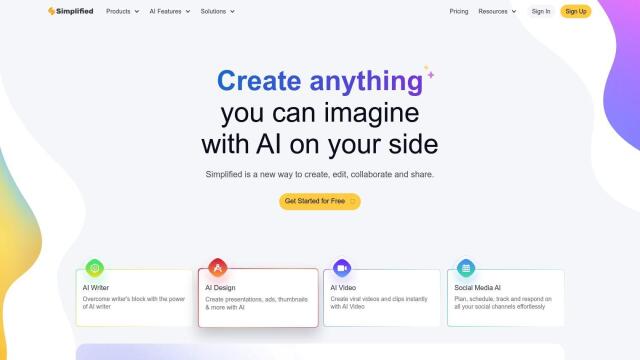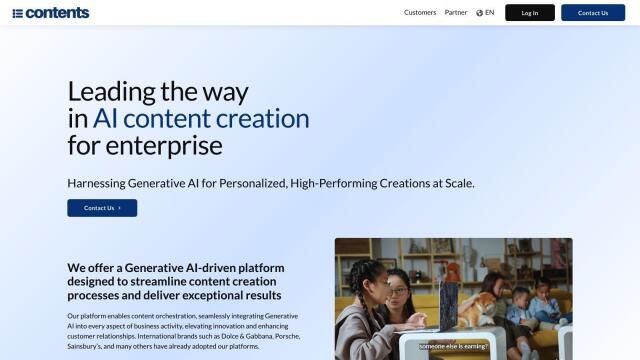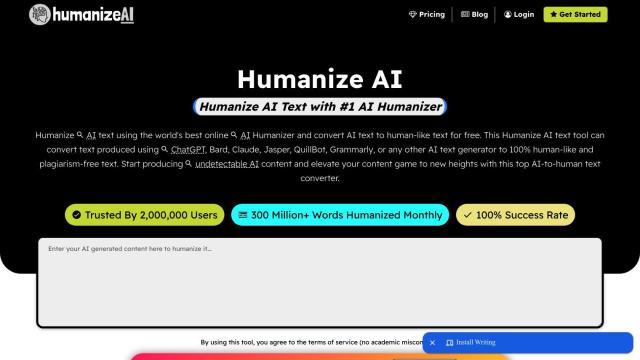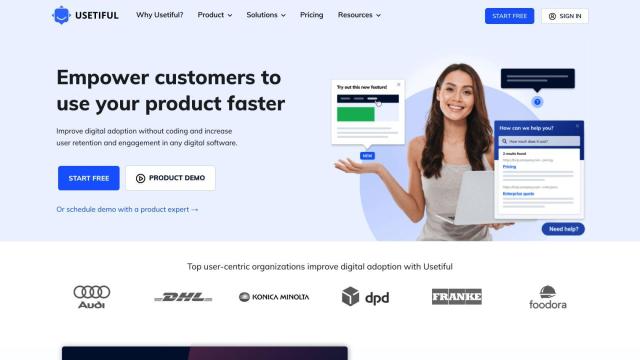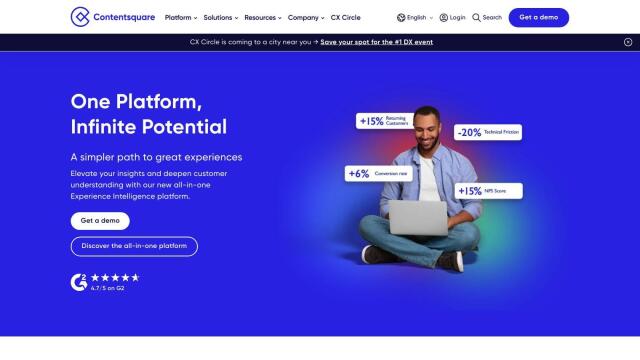Question: I need a solution to simplify website content for users with cognitive impairments, do you know of any?

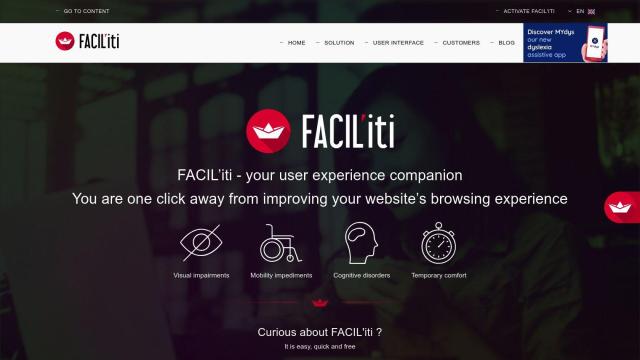
FACIL'iti
If you're looking for a tool to make website content easier to understand for people with cognitive disabilities, FACIL'iti is a customizable digital tool that adapts the display of websites to the needs of people with a range of disabilities. It's got more than 1,200 controls to handle visual, motor and cognitive disabilities, and it doesn't require any changes to website code. That means it's a one-click option for website publishers and people with disabilities.

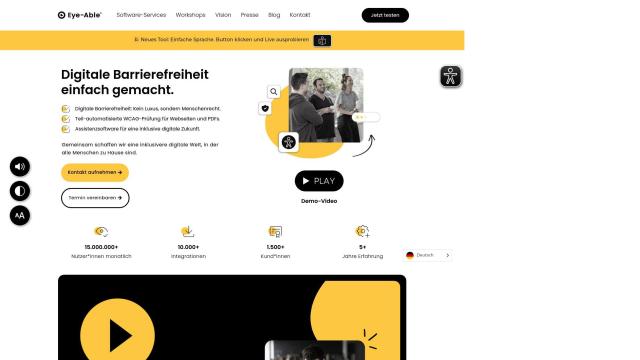
Eye-Able
Another good option is Eye-Able, a digital accessibility platform that uses AI tools to create accessible websites. It offers features like Simple Language AI for real-time text simplification, Ally AI Assistant for detailed reports and recommendations, and Eye-Able Audit for real-time WCAG compliance testing. It's designed to help you ensure all users, including those with cognitive disabilities, have access to and can understand digital information.

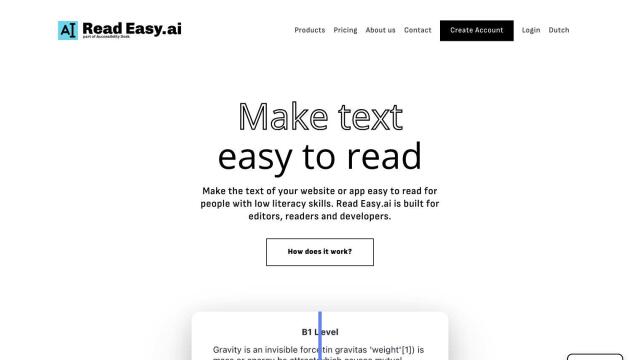
Read Easy.ai
If you want to make text on websites easier to read, Read Easy.ai has tools to make text easier for people with low literacy skills. It's got a Chrome Extension for readers, Microsoft Office Add-ins for real-time feedback, and a Developer API for building apps that incorporate readability assessments. It works in many languages and supports common programming foundations like React and WordPress, so it's a good option for making digital products more accessible.

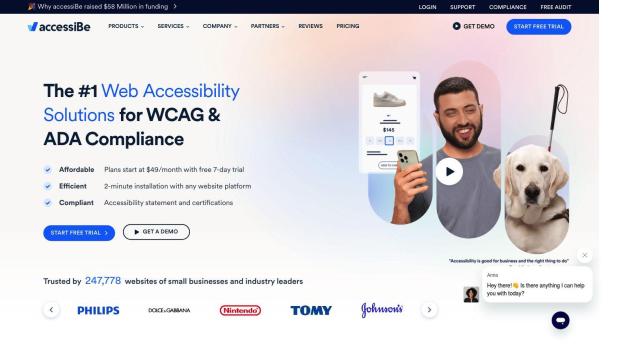
accessiBe
Last, accessiBe offers an AI-powered web accessibility tool that checks websites for a range of accessibility standards, including WCAG 2.1 and ADA. It's quick to install, and it can automatically generate accessibility statements and certifications, so accessiBe is a good option for businesses that want to make their sites more accessible and comply with regulations.

